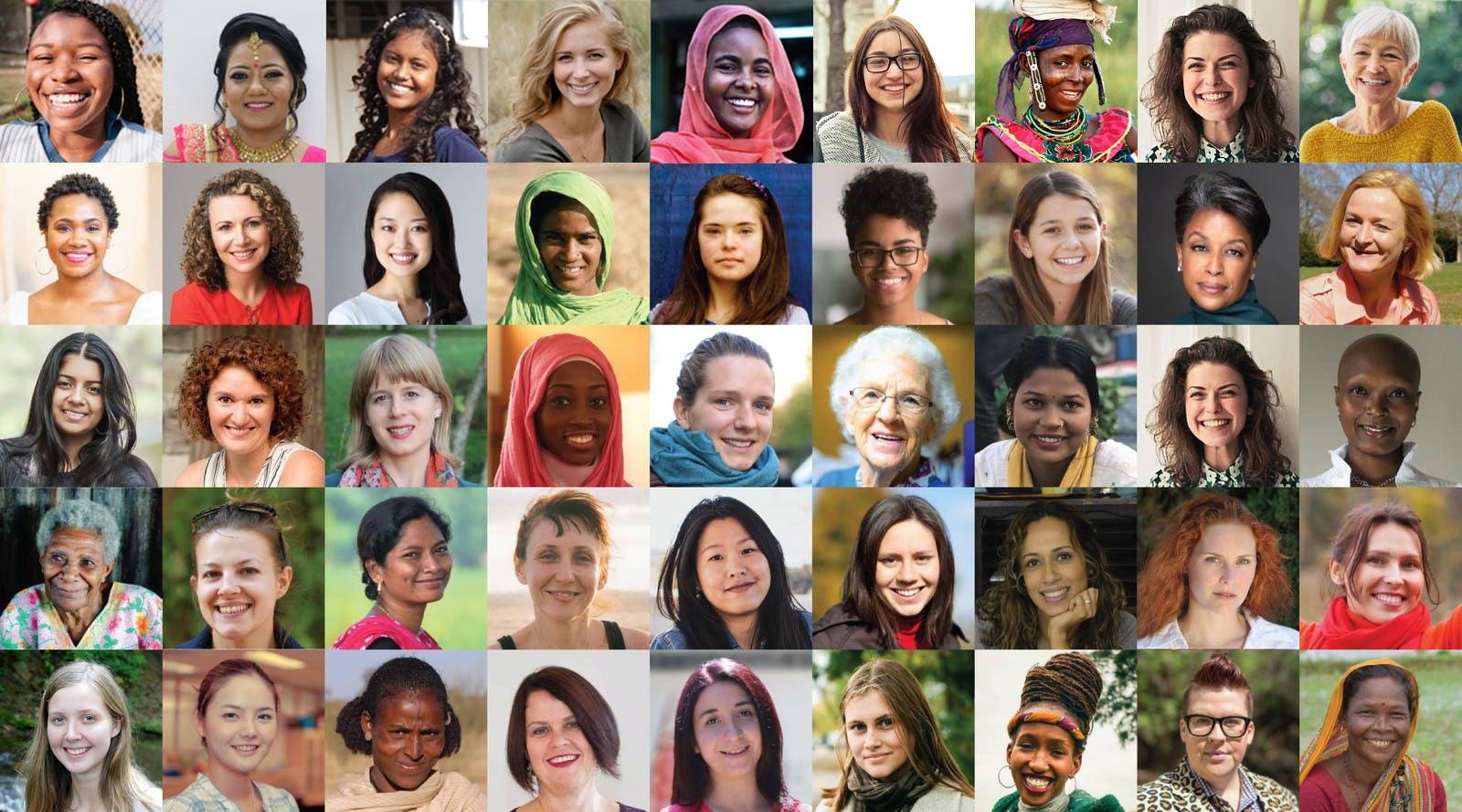Returning to the Old to Protect the Future
New is not always better, as the women of Burkina Faso and Senegal have learned. From biodiversity loss to diabetes, they’ve seen the damage modern industrial farming can do to their health and their environment. And they want out.
With funding from Daughters for Earth, women across West Africa are returning to ancestral farming to protect themselves and the Earth. Led by Nous Sommes la Solution (“We are the Solution”), rural women are restoring ancient agricultural techniques and land stewardship practices.
A “Solution” that Turned into a Problem
Despite its agricultural potential, Burkina Faso and Senegal now import more than half their rice (varieties that often fuel Type 2 Diabetes). In addition, much of the remaining rice they grow on their own comes from new seed varieties that are highly dependent on agrochemicals, which are destroying soil, fueling climate change, and leading to biodiversity loss.
Looking to the Past to Protect the Future
To reverse the trend, Nous Sommes la Solution, along with the pan-African Fahamu movement, are working to plant traditional rice seeds using age-old organic farming practices. They’re also working with research institutes to map, test, and breed rice varieties that will help address food shortages without damaging nutrition or the environment.
Marketing for Change
Nous Sommes la Solution knows marketing is critical. From village forums to community radio, they’ve also launched a major campaign to encourage:
- More women to adopt environmentally sound farming practices; and
- More people to buy the products they produce
Literally working from the “ground up,” women in Senegal and Burkina Faso are rejecting industrial farming and taking back control of their food production, protecting their health and the planet.

Photo: The Agroecology Fund

Photo: The Agroecology Fund
One Woman’s Story
“Before joining the project, I was cultivating vegetables on just a 300 m² plot, but with the help that I received for agroecological farming, I was able to expand to 500 m². [My plot] is part of 12 hectares of irrigated farmland that our women’s farming association owns. Previously, I sold produce two times per week, earning about 85,000 CFR per season. After my agroecology training, I was able to produce my own compost and organic insecticide. At the end of this year’s growing season, the total amount I was able to earn rose to 250,000 CFR.” — Ramata Ouedraogo, We Are the Solution


.jpg?auto=compress%2Cformat)
